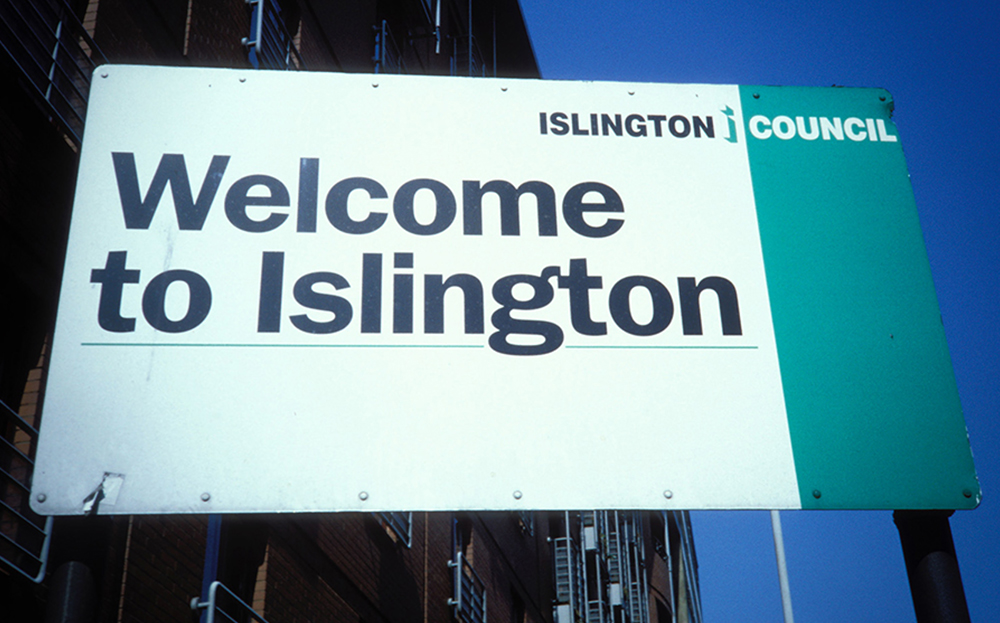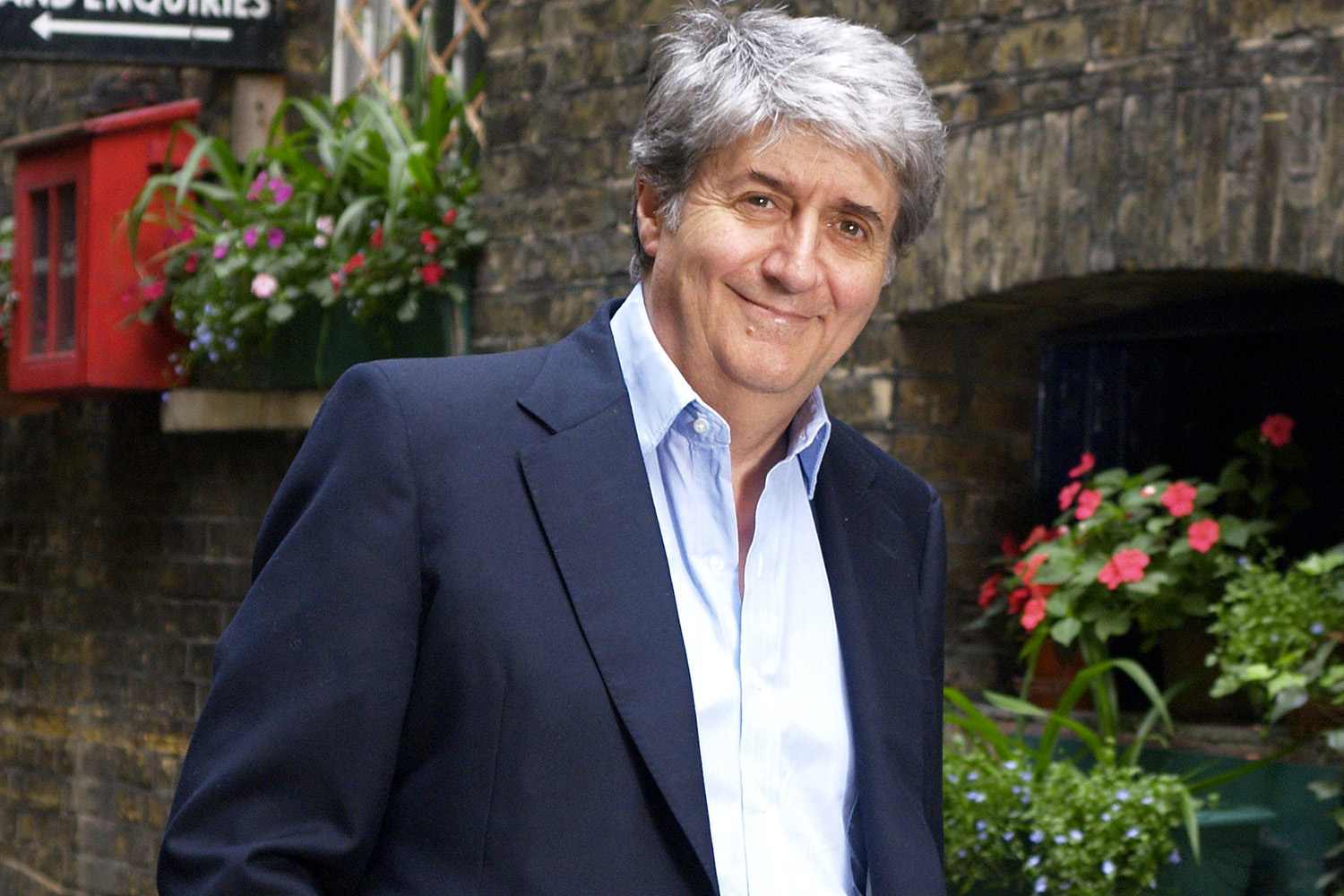News: London council to slap £96 surcharge on 'dirty' diesels
Islington calculates the new charge will raise almost £1m a year

DRIVE A diesel with excellent fuel economy and a low tax band and think you have made the smart choice? Think again. Councils are gearing up to declare war on diesel drivers, claiming that the fuel is more polluting than was previously thought and that owners should pay a financial penalty for using diesel cars.
Islington council in north London, once dubbed “the People’s Republic” for its left-wing policies, announced that from April it would be imposing a “diesel surcharge” of £96 on all residents who own a diesel car. The charge will be collected via the parking permit system; when residents renew their permit, which enables them to park on the street outside their house, they will also be required to pay the additional charge.
Search for and buy your next car on driving.co.uk
It is thought to be the highest one-off charge of its type and according to critics will hit middle-income families the hardest. Islington admits that 9,000 owners will be affected and calculates the charge will raise nearly £1m annually for the council, which will be ring-fenced for transport expenditure.
Motoring organisations have condemned the parking charge as “excessive”, saying it unfairly penalises drivers who had previously been encouraged to buy diesel cars because they were thought to be cleaner and more fuel-efficient.
“The people who will be hit hardest by this are those that can least afford it: families who run a diesel people carrier bought seven or eight years ago when there were government incentives to buy diesel cars,” said Edmund King, president of the AA. “The charge seems ridiculous. They might take offence at sports cars or convertibles next.
“Most people expect their councils to do sensible, practical things, such as fixing potholes and emptying bins, rather than pontificating on global warming.”
Richard Watts, Islington council’s leader, defended the charge, saying it was right that more polluting cars pay more. “The evidence has become so strong that diesel does real harm to residents that it is time to act. The £96 has been calculated so that it doesn’t push owners over the edge but at the same time is high enough to provide a real incentive to change their behaviour,” he said.
Watts claims other councils have already been in contact with him about the charge and expects it to be more widely adopted, especially in city environments. In London, Kensington and Chelsea council already operates a similar scheme and last month announced proposals to raise the charge for diesels from £18 to £40 next year “to encourage residents to think carefully about the cars they drive”. Camden council also operates a surcharge scheme, although it charges drivers £10.30.
The Islington levy, which exempts trade vehicles and taxis, takes the practice to a new level and is likely to prompt an angry backlash from drivers. Many say they chose diesel cars because the government’s own tax system made them cheaper. Modern diesel engines are more fuel-efficient than their petrol equivalents and are hence regarded as more environmentally friendly. Company car taxes were therefore lower and private owners paid less in vehicle excise duty. However, while diesels typically emit less CO2 they have higher emissions of other gases, such as nitrous oxides, and particulates. Recent revelations about the dangers of nitric and nitrous oxide emissions have raised questions about their environmental credentials.

Tom Conti, the actor and motoring activist, who lives in a neighbouring London borough, said Islington was raising revenue at the expense of drivers. “Islington squanders money on speed bumps, then has to raise more. It seems to me they have run out of ways to penalise drivers and have dreamt up this charge,” he said.
Others are also worried about the charge. Mark Lim, deputy chairman of the Islington Conservatives, said many local families would be affected and the plans would give them insufficient time to rethink their choice of car. “In principle we support reducing pollution, but these proposals will come into effect in a few months’ time and people don’t have time to prepare for them,” he said.
The charge is the latest salvo in the rapidly escalating war on diesel drivers. Last summer it emerged that from 2020 drivers of diesel-powered vehicles will have to pay an extra £10 on top of the normal congestion charge to enter central London under proposals being drawn up by Boris Johnson, the capital’s mayor. At least 20 cities, including Sheffield, Bradford, Birmingham and Bristol, are also looking at introducing low-emission zones.
Islington said that the proceeds of its diesel levy would be reinvested in roads and transport. Previous experiments with penalising owners of particular vehicles have backfired. In 2007, Richmond council in southwest London introduced parking rules that meant high carbon-dioxide-emitting vehicles would incur three times the normal residential parking fee. The move sparked an angry backlash from residents and the Liberal Democrat council was voted out of power in 2010, prompting the then leader, David Trigg, to reportedly comment “it was the parking charges that did for us”.
Search for and buy your next car on driving.co.uk




